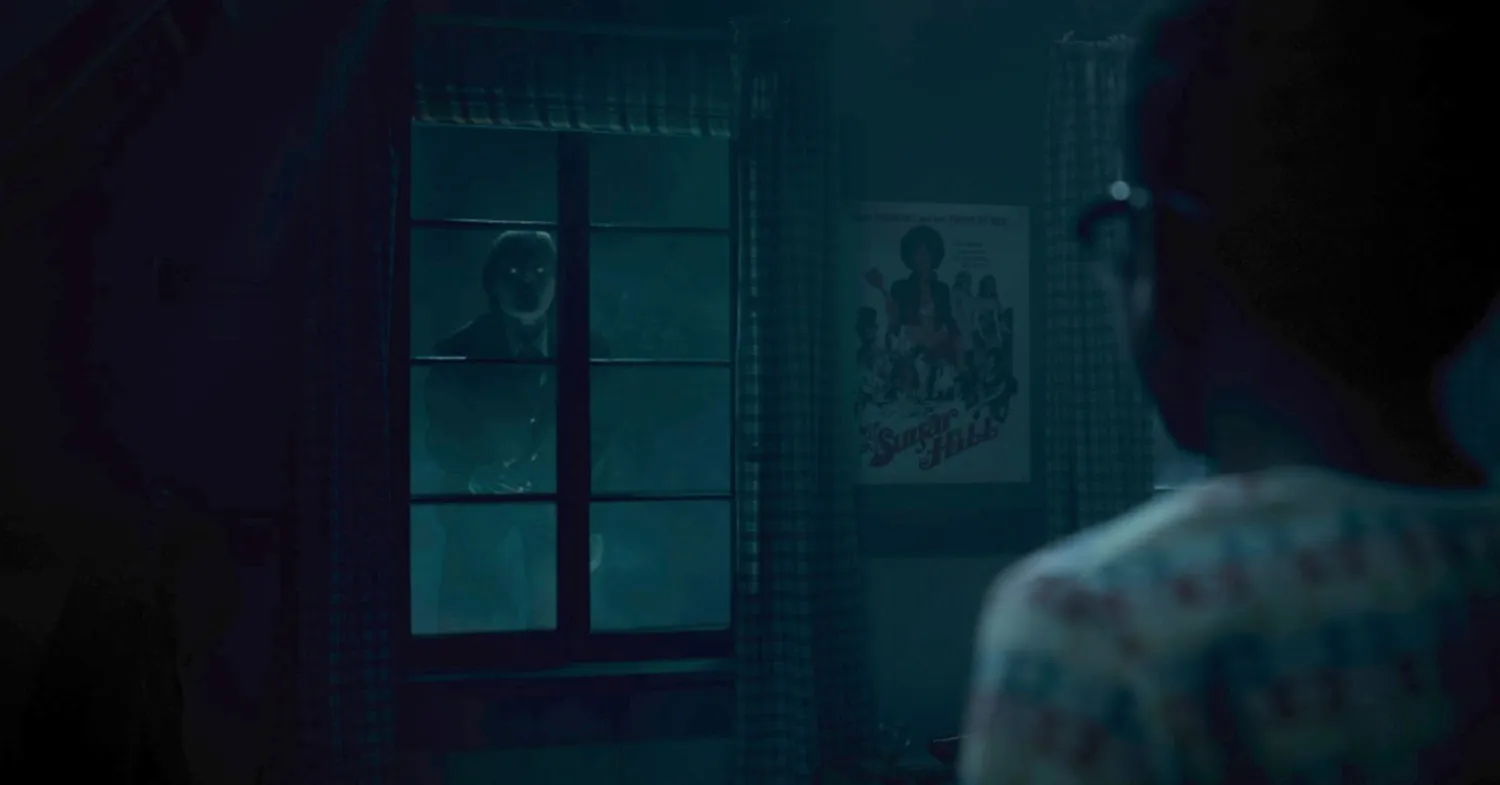The success rate for movies adapted from Stephen King stories seems small, and factoring in only his horror stories, that rate gets even smaller. Many times, it’s because the dread and horror from the main characters is internalized in a way only easily conveyed when reading their thoughts on print. Because of this, the likes of a few iconic Stephen King novels have never been properly and successfully adapted to the big screen.

And it’s not for a lack of trying. Stephen King’s novels have been adapted over and over and over again throughout the years. A few classics have been produced along the way (The Shining, The Shawshank Redemption, Carrie), but that only makes it tougher to live up to the standards brought on from these films. Recently, Children of the Corn, Firestarter, and The Boogeyman have released either theatrically or on streaming, and they’ve all flopped.
Which brings us to Salem’s Lot, which released on Max in October of 2024 and serves as one of their bigger horror releases of the Halloween season. And, to nobody’s surprise, continues the overwrought, underdeveloped, and ugly string of Stephen King adaptations that do little to justify their own existence.
The 2024 edition of Salem’s Lot closely follows the traditional story written by the acclaimed author. Well-known but struggling writer Ben Mears (Lewis Pullman) returns to his hometown of Jerusalem’s Lot to brainstorm his next novel and gain inspiration from his childhood and past experiences. While there, he teams up with a few locals – notably Makenzie Leigh as Susan Norton and Jordan Preston Carter as young Mark Petrie – when the town becomes overrun by bloodthirsty, spooky vampires.
It’s not an unfamiliar premise for a schlocky horror film. In fact, Salem’s Lot is at its best when it references (either directly or stylistically) throwback horror movies that play it straight regardless of its ridiculous premise. In this way, Lewis Pullman becomes a worthy leading man as Ben Mears because he has to understand and accept the absurd state of his hometown, while saving it at the same time.
But in a movie with an unfriendly, often ugly visual style, it’s hard to find what the cast and crew were hoping to achieve. The best Stephen King adaptations aren’t glossy and self-righteous the way this iteration of Salem’s Lot is. King often writes stories from his own experiences, and those experiences are almost always harsh and unfriendly, and when those specific ideas and themes are squeezed through a polished lens and repurposed for a general audience, they lose their luster.
Which is why the best King adaptations are often rugged and grimy, as if the picture is consuming you with an existential sense of negative energy. Salem’s Lot doesn’t have much of that, and instead focuses in on a semi-spooky adventure movie with production design that rivals many of the streaming era’s worst efforts. Director Gary Dauberman isn’t known for high-art horror classics (his only directing credit prior to Salem’s Lot is Annabelle Comes Home) which is consistent with what he’s able to (or not able to) accomplish here.
READ MORE MOVIE REVIEWS: The Apprentice, V/H/S/Beyond, Babes
So Salem’s Lot ultimately becomes a lost-to-streaming horror release that doesn’t have much of an audience. The best Stephen King adaptations are so good that they can’t be redone anytime soon, so studios are scrambling to pick up the middling material and see what sticks with audiences. Maybe at some point that will be Salem’s Lot, but it would take a movie that is much more concise and has more to chew on. It’s not one to seek out in a busy October.
Score: 3/10
Salem’s Lot (2024)
- Cast: Lewis Pullman, Makenzie Leigh, Jordan Preston Carter, Alfre Woodard, Bill Camp, John Benjamin, Pilou Asbæk
- Director: Gary Dauberman
- Genre: Horror, Mystery
- Runtime: 113 minutes
- Rated: R
- Release Date: October 3, 2024